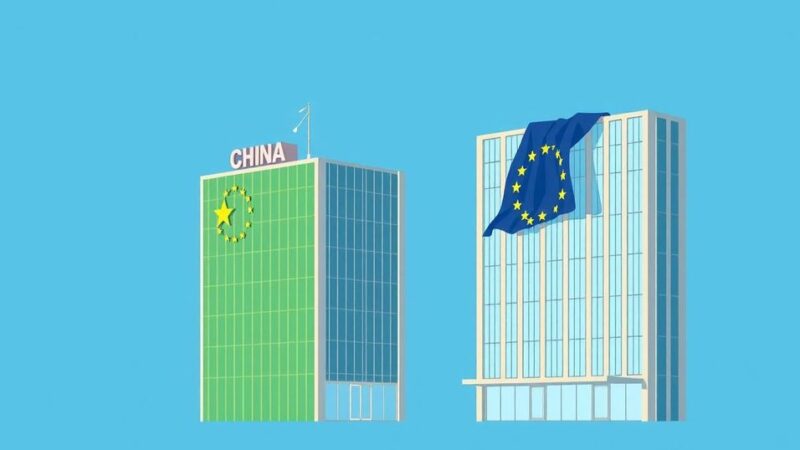Clean water supply has drastically improved health outcomes in rural Malawi, especially in Liwonde. A solar-powered water system funded by CERF has provided safe water, which is critical amid the severe drought declared in 2024. This initiative not only supports healthcare but also enhances the quality of life for women and children within the community.
Clean, reliable water in rural Malawi has significantly improved health conditions, particularly in Liwonde. Dyman Saidi, the chairperson of the local water system, emphasizes that access to clean water has replaced unsafe sources like the Masanje river, benefiting health centers and the community.
UNICEF installed a solar-powered water system funded by the Central Emergency Response Fund (CERF), directly addressing the urgent water needs exacerbated by drought conditions in Malawi. The country declared a State of Disaster in March 2024, with 4.2 million people facing food insecurity, a situation likely to worsen in early 2025.
The health crisis is compounded by factors such as poverty and inadequate services, heightening disease risks, particularly among vulnerable populations. In response, the UN allocated $4.6 million from CERF to support nearly 280,000 people in nutrition, health, and sanitation.
The new water point enhances access to healthcare, as noted by Moses Mphatso, a health surveillance assistant. He observed improved hygiene practices, enabling the health post to maintain a clean environment crucial for patient care.
For residents like young mother Emily, the presence of clean water at the health center fosters confidence in seeking medical services. Accessibility to safe water has significantly freed up time for daily tasks, especially for women.
Overall, the initiative illustrates the critical link between clean water access and health improvements in rural Malawi, addressing both immediate needs and the long-term wellbeing of the community.
The introduction of a solar-powered water system in Malawi represents a vital step in improving healthcare and living conditions in drought-affected areas. The initiative, supported by CERF funding, highlights the importance of clean water in health services and community wellbeing, particularly in times of crisis. As access to clean water enhances hygiene and medical care, it ultimately empowers the local population, especially women, fostering greater health security and productivity.
Original Source: reliefweb.int






